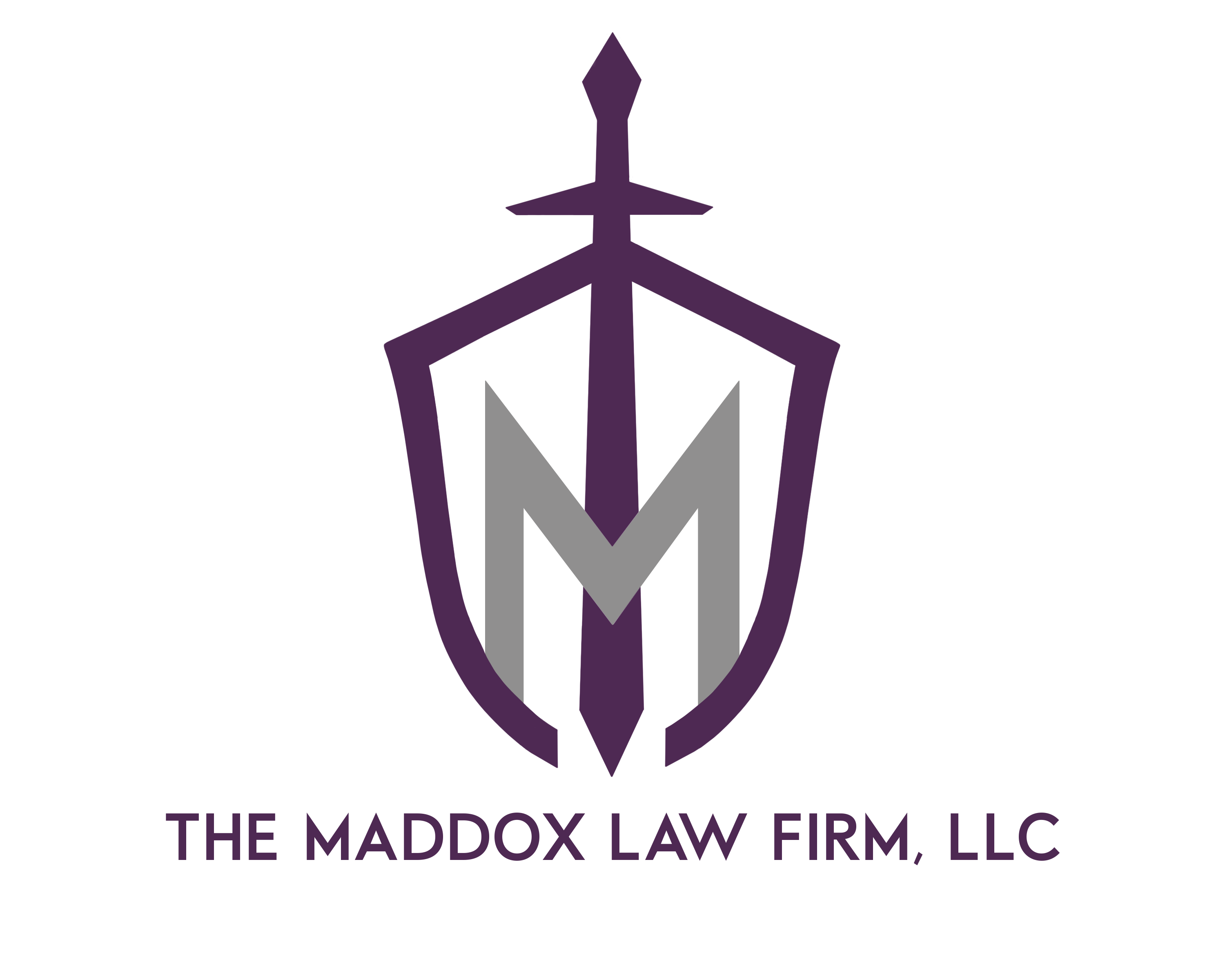Depositions
An Experienced Legal Team Assisting Clients With Depositions
A Connecticut notice of deposition can be very intimidating if you are not adequately prepared and advised by an experienced, compassionate legal team. You are probably nervous or frightened if you have received a notice of deposition.
When you are protected and thoroughly counseled by the attorneys at The Maddox Law Firm, LLC, you’ll be armed with the information and confidence you need to get through this otherwise difficult experience.
What Are Depositions And How Do They Work?
A Connecticut deposition is a discovery method that involves lawyers asking questions of a party or witnesses connected to a lawsuit. The questions and answers are spoken in the presence of a licensed court reporter who must produce an accurate transcript of the proceedings. Any question that is reasonably calculated to lead to admissible evidence is permitted.
Generally, attorneys agree to forego expected objections based upon our rules of evidence and reserve those objections for trial. This is what is meant when attorneys agree at the beginning of a Connecticut deposition to “usual stipulations.” They may nonetheless object “as to the form” of a question when they, in good faith, assert that the question is compound, confusing, or, in some way, perhaps misleading. It would be best to speak with your attorney about “objections to form” and the reasons and strategies behind those objections.
Rules To Follow When Giving A Deposition
Here are the six fundamental rules for a successful deposition:
- Tell the truth. This may seem obvious, but it bears emphasis. When we are scrupulously accurate, depositions go more smoothly and quickly; of course, you come across as highly credible.
- Refrain from guessing – always. Your responses to questions must be factual. They are not based on supposition or theory.
- If you don’t know the answer to a question, your response must be “I don’t know.” A deposition is not a test of intelligence.
- If you don’t remember something, your response must be, “I don’t remember.” A deposition is not a test of memory.
- Listen very carefully to every question, consider it slowly, and then answer only the specific answer that has been posed. Put another way, do not volunteer information – even if you think you know what the attorney may ask next, or you know what will move the deposition toward the conclusion.
- Carefully follow your lawyer’s advice. Your job is not strategy; that’s your lawyer’s job. Your job is to report the facts and to stick to the facts.
Suppose you are deposed in connection with your serious Connecticut personal injury case. In that case, you should expect to answer questions about the incident that caused your injuries and damage accurately and in detail. Likewise, you should be able to speak in your own words about your health care providers and treatment history. Understand that you are not a legal or medical expert, and nobody expects you to be.
In your own words, you should also be able to explain how the accident or incident that caused your injuries has impacted you. What can you no longer do or enjoy now that you could before the accident? Separately, what has changed, become more difficult or burdensome, but that you still do now as opposed to before your accident? Subjects for both lines of inquiry may be your work, exercise routine, hobbies, tasks that you used to perform in or around your house, your relationship with your significant other, and your relationship with your children.
Thorough preparation for your deposition, which involves meeting with your legal team and engaging in detailed review and practice, will tremendously reduce your deposition anxiety and fear. You will be informed and confident when allied with the right legal team.
Our Lawyers Are Ready To Help – Call Or Message Us Today
At The Maddox Law Firm, we prepare our clients diligently, thoroughly and strategically for depositions. We are dedicated to going above and beyond for you and your loved ones, advocating for your rights, and pursuing the compensation that is owed to you. To learn more about how we can help, contact us to schedule an initial consultation at one of our four Connecticut office locations. You can reach out online or call (203) 822-6610.
Hablamos español. Nous parlons français.
FAQ












